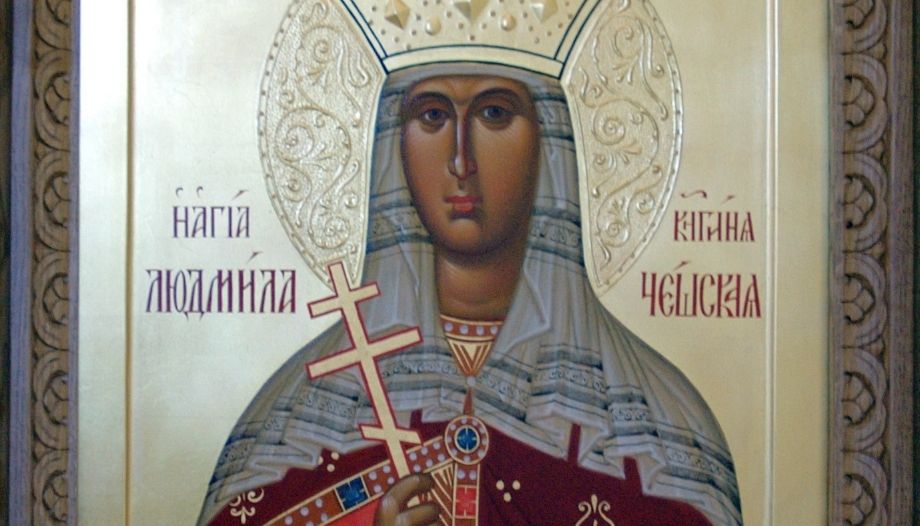The commemoration of these two events on the same day martyr saints of the third century, Cornelius, Pope, and Cyprian, bishop of Carthage, whom the Jeronimian Martyrology recalls together, is very old. A few centuries later lived St. Ludmila, who married the Duke of Bohemia, had six children, and educated her grandchild St. Wesceslao in the 9th century.
Saints Cornelius and Cyprian were victims of Valerian's persecution in June 253 and September 14, 258. Their memoirs appear together in the ancient liturgical books of Rome from the middle of the fourth century. Their history is intertwined, although the African bishop stands out more with his writings.
The Roman Martyrology He quotes them as follows. "Memory of Saints Cornelius, pope, and Cyprian, bishop, martyrs, about whom on the fourteenth of September the burial of the first and the passion of the second are recounted. Together they are celebrated in this memory by the Christian world. For both bore witness, in days of persecution, to their love for the unfailing truth before God and the world (252, 258)".
Pope Cornelius, a Roman, had to see how his election was not accepted by the heretic Novatian, who consecrated himself antipope and promoted a schism in Rome. He died in exile, but was buried in Rome in the catacombs of St. Callixtus.
Saint Ludmila, Christian mother and grandmother
Saint Ludmila (Mielnik, present-day Poland, around 860), was the daughter of the Duke of Milsko and married the Duke of Bohemia, with whom she had six children. In 874, her husband converted to Christianity, and was baptized by St. Methodius.
Ludmila also embraced the Christian faith, and spread it among her people, who were not yet Christian. When her husband and son died, the nobles of Bohemia entrusted her to educate their grandson, St. Wenceslaus, to whom she taught the Christian faith. She died in Prague, strangled in a conspiracy.







